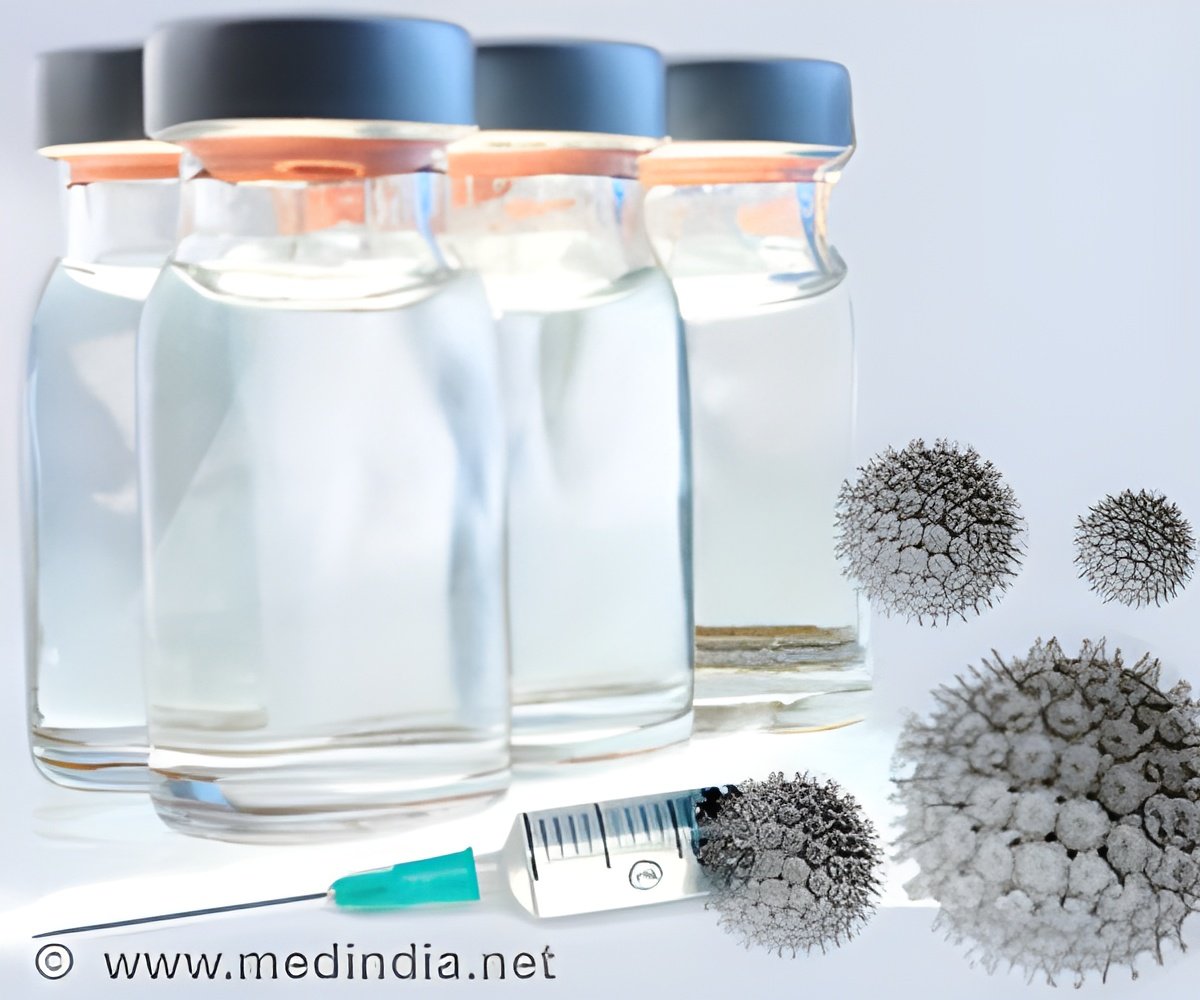
‘Currently used manufacturing methods and storage costs have been found to add
about 80 % to the vaccine cost.
’
Tweet it Now
"The ability to eliminate cell culture or eggs and cold storage will change the process of vaccine development," said UTMB's Pei-Yong Shi, professor in the department of biochemistry and molecular biology. "Importantly, this vaccine technology could potentially serve as a universal platform for the development of live-attenuated vaccines for many viral pathogens."To achieve these goals, the UTMB team engineered a live-attenuated Zika vaccine in the DNA form. Once the DNA is delivered into our body, it launches the vaccine in our cells, leading to antibody production and other protective immunity. With this production method, there is no need to manufacture the vaccine in cell culture or eggs at factories. Because DNA molecules are shelf stable, the vaccine will not expire at warm temperatures and could be stockpiled at room temperature for years.
Using UTMB's Zika vaccine as a model, the research group showed that the DNA platform worked very efficiently in mice. After a single low dose, the DNA vaccine protected mice from Zika virus infection, mother-to-fetus transmission during pregnancy and male reproductive tract infection and damage.
"This is the first study to demonstrate that, after a single low dose, a DNA vaccine could induce saturated protective immunity," Shi said. "We will continue testing this promising Zika vaccine platform and then apply the platform to other viruses."
Source-Eurekalert











